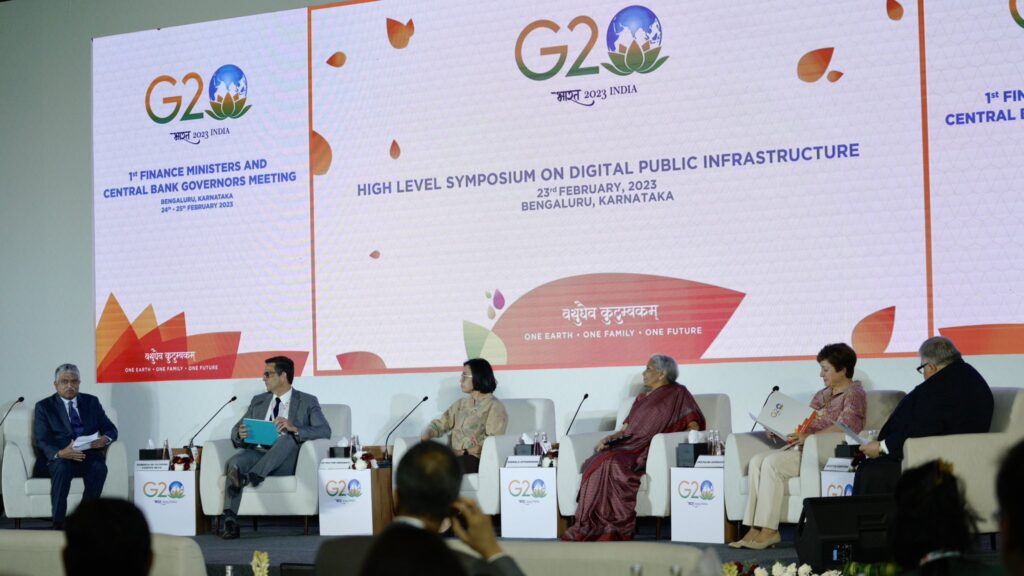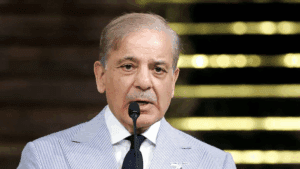On Saturday, the G20 digital ministers in charge of the digital economy met in India and proposed something novel: a Framework for Systems of Digital Public Infrastructure (DPI).…
The Framework comprises three elements: The Outcome Document & Chair’s Summary from the ministerial meeting provide a detailed description of the Framework, which aims to build robust, inclusive, human-centric, and sustainable digital public infrastructure.
The Framework has recommended by the G20, as India has made the India Stack bundle of digital public goods a key diplomatic initiative. The term digital public goods is often applied to free open source software, including Linux, which has been controversial due to Red Hat’s decision to stop sharing RHEL source code.
The Framework demonstrates interest in DPI, which has gained attention since India Stack’s launch. OSCAL, a less visible effort, describes security baselines in an open format for sharing controls. Both efforts aim to enhance security awareness and collaboration.
The ministerial meeting also resulted in the publication of a set of “High-Level Principles to Support Businesses in Building Safety, Security, Resilience, and Trust in the Digital Economy.” This document focuses on methods to improve private sector information security capacity in order to protect supply chains, improve the resilience of critical services, and encourage redress mechanisms for organizations that have hacked.
The “Toolkit on Cyber Education and Cyber Awareness of Children and Youth” recommends five approaches for policymakers to develop cyber education and awareness initiatives for children and youth. India plans to use its G20 presidency to develop global standards to ensure artificial intelligence does not harm humanity. The G20 Heads of State and Government Summit in September provides ample time for the bloc to make AI-related pronouncements.
Bootnote:
Argentina, Australia, Brazil, Canada, China, France, Germany, India, Indonesia, Italy, Japan, the Republic of Korea, Mexico, Russia, Saudi Arabia, South Africa, Turkey, the United Kingdom, the United States, and the European Union are all members of the G20. The members collectively account for approximately 85% of global GDP and two-thirds of the global population.











More Stories
India’s Active Covid-19 Cases Rise Above 2,700; Delhi Records First Fatality
Pak PM: India Fired Brahmos Before Our Retaliation
देहरादून: सूर्यधार रोड पर भिड़ीं गाड़ियां, शख्स को कुचलने की कोशिश; 9 गिरफ्तार